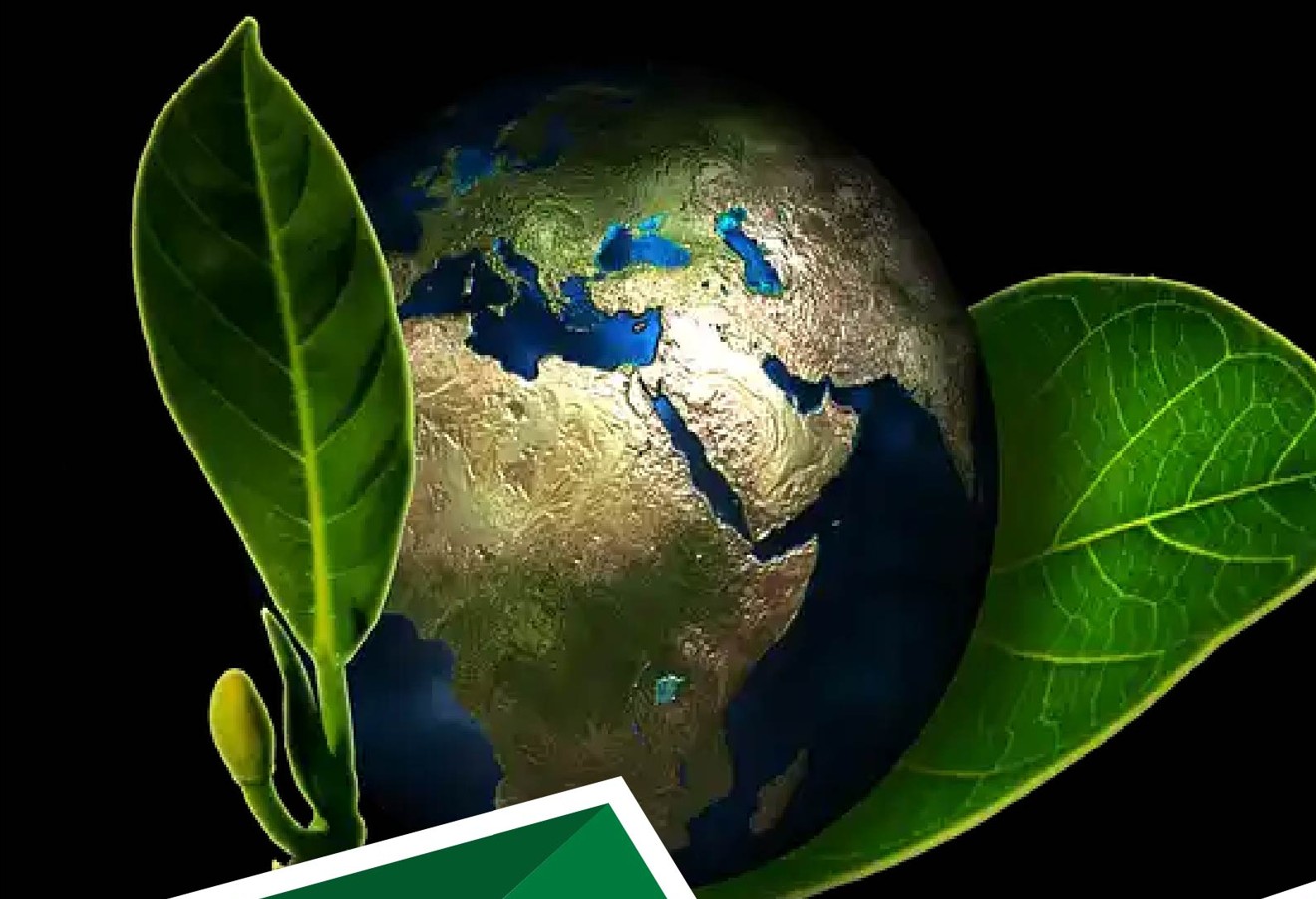Understanding Climate Change
Welcome to the Pioneer Child Development Programme blog! Today, we’re diving into a topic that affects us all: climate change. As we nurture and educate the next generation, it's essential to understand how climate change impacts our communities and explore ways we can collectively work towards a healthier planet.
What is Climate Change?
Have you ever tried to define climate change based on how you understand it? Let’s delve into what this is! Climate change refers to significant changes in global temperatures and weather patterns over time. While natural factors have always influenced the climate, recent shifts are largely driven by human activities. The burning of fossil fuels (like coal, oil, and natural gas), deforestation, and industrial processes release greenhouse gases (GHGs) such as carbon dioxide and methane into the atmosphere. These gases trap heat, leading to a warming planet, which can disrupt natural and human systems.
Impacts on Communities
Extreme Weather Events: Rising temperatures increase the frequency and severity of extreme weather events. This includes more intense hurricanes, heatwaves, and heavy rainfall, which can lead to flooding and other disasters. These events can devastate communities, especially those in vulnerable regions.
Health Risks: Higher temperatures can exacerbate respiratory and cardiovascular issues. The spread of vector-borne diseases (like malaria and dengue fever) is also influenced by changing climate patterns. Poor air quality and heatwaves can be particularly harmful to children, the elderly, and those with pre-existing health conditions.
Economic Impacts: Climate change can disrupt local economies by damaging infrastructure, reducing agricultural yields, and increasing the costs of disaster response and recovery. Communities dependent on agriculture and fisheries are especially at risk as changing weather patterns affect crop yields and fish populations.
Displacement and Migration: Rising sea levels and extreme weather can displace communities, leading to climate refugees. This creates additional pressures on resources and infrastructure in areas receiving displaced populations.
Ecosystem Disruption: Changes in temperature and precipitation affect ecosystems and biodiversity. This can result in the loss of habitats and species, which in turn impacts the communities that depend on these ecosystems for their livelihoods and cultural practices.
Mitigation Strategies
Reduce, Reuse, Recycle: Minimize waste by following the three R’s. Reducing the amount of waste you produce, reusing items when possible, and recycling materials can help lower your carbon footprint.
Energy Efficiency: Use energy-efficient appliances and lighting in your home. Small changes, like turning off lights when not in use or using a programmable thermostat, can significantly reduce energy consumption.
Support Renewable Energy: Advocate for and invest in renewable energy sources such as solar, wind, and hydropower. Consider using clean energy options for your home or business if available.
Sustainable Transportation: Opt for public transportation, carpooling, biking, or walking whenever possible. If feasible, consider driving a fuel-efficient or electric vehicle to reduce greenhouse gas emissions.
Educate and Advocate: Educate yourself and others about climate change. Support policies and initiatives that aim to reduce carbon emissions and protect the environment. Engage in community efforts to promote sustainability.
Community Involvement: Participate in or organize local environmental initiatives such as tree planting, clean-up drives, or conservation programs. Engaging with community groups focused on sustainability can amplify your impact.
Support Local and Sustainable Agriculture: Buy locally-grown produce and support sustainable farming practices. This reduces the carbon footprint associated with transporting food and promotes healthier ecosystems.
Empowering the Next Generation
As part of the Pioneer Child Development Programme, we have a unique opportunity to shape the attitudes and behaviours of young minds regarding climate change. By incorporating environmental education into our curriculum, we can teach children the importance of sustainability, critical thinking about climate issues, and the role they can play in creating a greener future.
Thank you for joining us on this important journey. Stay tuned for more insights and tips on creating a positive impact through the Pioneer Child Development Programme.
Feel free to share your thoughts and actions on combating climate change in the comments below. Together, we can build a brighter, more sustainable future!


Leave A Comment
All fields marked with an asterisk (*) are required